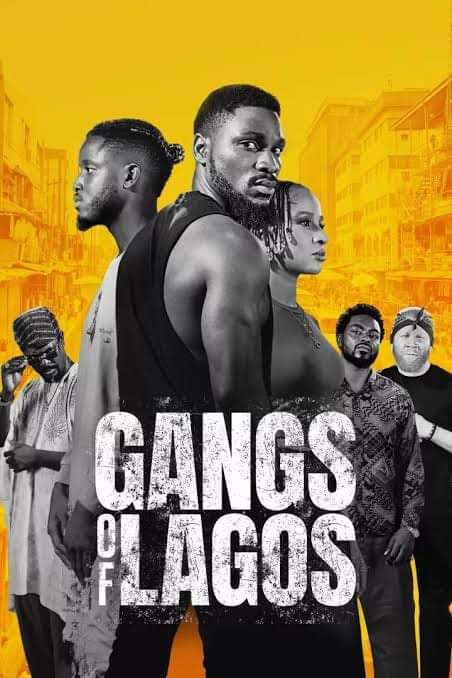I’ve been reading stuff – different types – condemning a new film, the Gang of Lagos, with a majority of opinions sounding as though it was intended to scar the Lagos culture and as some would say, her heritage. I do not think so. And for all intent and purposes, the reactions have been needlessly hyper and totally misplaced.
This is a mere fiction from otherwise creative minds, featuring some of the best of veterans and upcoming. There was no part of the film that alluded to a true life story. Even Ricca, which has a different local flavour when pronounced, was “oyinbonised” just so some “ITKs” do not take it out of context.
All over the world, films are illustrated with different things in mind, which mostly do not represent the truth or reality, but ultimately to teach some lessons, entertain, inform, and educate.
Let’s be honest, there are gang wars in almost all parts of Lagos. From Agege to Mushin, Oshodi, Ikorodu, Ibeju-Lekki, Shomolu, and so on, recording casualties at each turn and with reprisal attacks undertaken within a short period. That’s not subject to debate.
We have also seen movies, where pastors, nuns, bishops, and others were cast in undignifying characters just to allow for the flow of their storyline. We had seen cathedrals used as a safe house for arms-keeping by criminals in films.
There are films that depict Jesus Christ in many condescending ways with rather stupefying insinuations. We have also seen films that depicted bishops as the grandfather of criminals, giving them coverings.
Jason Statham in Parkers disguised as a pastor to rob a place. It may not make it right, but the intention is not to despise anyone either. It is an expression of the creativity of the producers to the awe of viewers.
Yet, none of these represents those things or is interpreted as the truth. The Gang of Lagos is a beautiful effort that does not despise or misrepresent the Lagos culture and heritage in whatever form or shape, except political interpretation is being adduced to this already.
I honestly think those seeking attention through their condemnation of the film should calm down and watch it again, possibly over some nice red wines with nkwobi or finger foods. Perhaps, they would see it differently.
Without much ado, there’s nothing wrong with the characterisation in the film for as long as it remains a fiction, except of course, the custodians of Lagos heritage are worried that the producers inadvertently got something untoward right about the Lagos culture and heritage.
Maybe they should come forward with their fears.
 Hottestgistnaija.com
Hottestgistnaija.com




